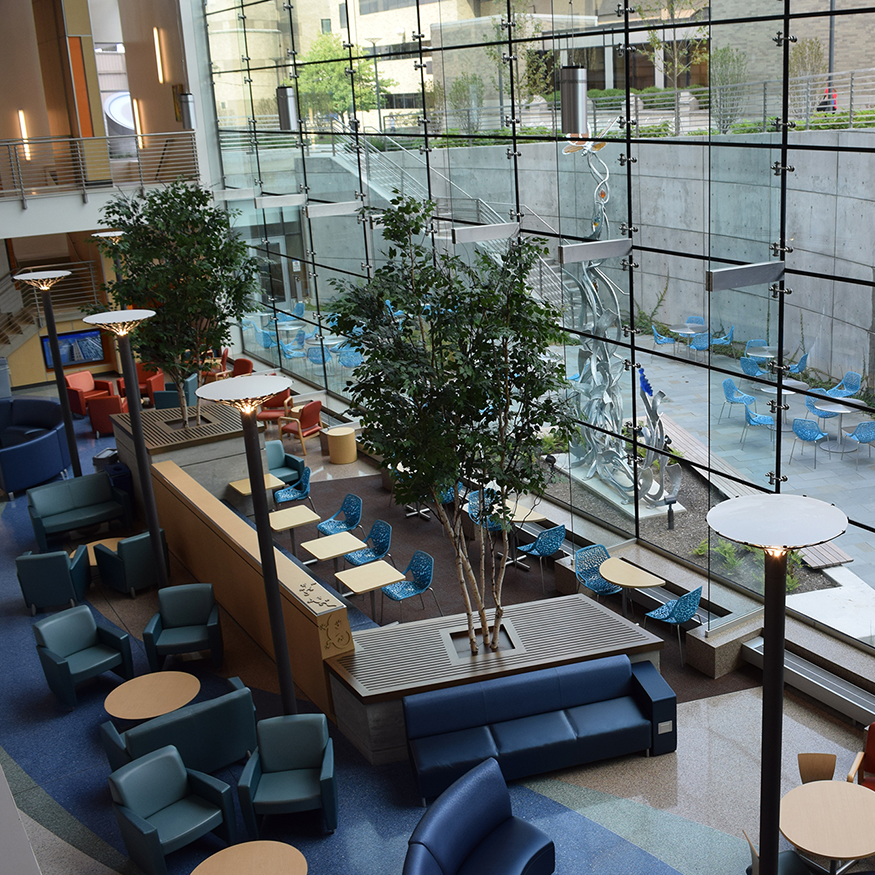The Schubert Research Clinic (SRC) has a long history of providing high-quality clinical resources to support researchers throughout the Academic Health Center. As the patient interaction arm of the CCTST, it serves as a “one-stop shop” for studies, providing virtually whatever study teams need, from providing physical space for research study visits to collecting patient biological samples and study data necessary for clinical research.
Our clinic was named for Dr. William Schubert, the founding program director of the original Clinical Research Center (CRC) starting in 1963 here at CCHMC. Over the years, the clinic has gone through several iterations, and in 2015, we honored Dr. Schubert by renaming the CRC to the Schubert Research Clinic, moving into the first floor of the T building.
Today, the SRC offers a vast array of facilities, space, and services for patient-oriented research. A few examples of our resources include the availability of research nurses, dietitians, imaging services, biochemistry, and processing labs. The SRC was designed with the comfort and convenience of our research study participants in mind. It has 28 exam rooms fully equipped for data and specimen collection, as well as safety and comfort for the study participant. The clinic also houses areas for monitoring exercise and play activities, as well as rooms to accommodate special populations.
The SRC clinic staff comprises experienced clinical research nurses who maintain clinical competencies and research certifications. The clinic staff provide a high level of care to participants and are trained to professionally handle complex, detailed research observations and precise collection of specimens. We offer scatterbed services where our clinic staff go to an inpatient or outpatient unit elsewhere in the hospital to collect specimens or perform observations.
Our services are available to investigators based at UC as well as CCHMC. We are licensed and credentialed to perform research services at UC as well as off-site locations in the community such as nursing homes, schools, or conference centers.
The Sample Processing Laboratory is located in the center of the SRC and houses specialized equipment for prepping samples. This includes centrifuges, a vortex, a water bath, a dry incubator, and several freezers and refrigerators. Two research assistants staff the lab during SRC operating hours and provide the convenience of sample preparation once collected in clinic. Blood, urine, stool, saliva, and other biological specimens can be stored as needed until shipped or analyzed elsewhere.
The Bionutrition Core of the SRC is led by a registered dietitian and staffed by technicians with expertise in obtaining research quality data in nutrition and body composition. Bionutrition offers the following resources and services for clinical research:
Dual energy X-ray absorptiometry (DXA) and peripheral quantitative computed tomography (pQCT) for analysis of body composition, bone density, and other bone measures
Detailed analysis of dietary intake of study participants by certified interviewers, using NDSR software
Resting metabolic rate/resting energy expenditure assessment using indirect calorimetry
Anthropometric measurements including height, weight, circumferences and skinfold thicknesses
Assessment of body fat, lean mass, and body water using DXA or InBody 570 bioelectrical impedance analysis (BIA)
Development and preparation of study-specific meals in our metabolic research kitchen
The Biochemistry Core Laboratory is a CLIA/CAP-certified lab that provides investigators with the expertise, facilities, and services necessary to execute most commercially available clinical and research assays. We offer an analyte testing service for Investigators in the following disciplines: Bone health, bone research, nutritional status, endocrine, cytokine, general clinical chemistry. Our equipment includes seven automated analyzers sufficient to perform a wide array of assays such as general clinical chemistry, chemiluminescent immunosassay, HPLC/UPLC, RIA and ELISA. Also available is a Vetscan VS2 benchtop chemistry analyzer for murine testing, comprised of an expansive menu that includes chemistry, electrolytes, acid-base and immunoassay tests.
Ready to start your study in the SRC? During IRB submission for the study, select SRC as a location and fill out the SRC intake form. When the study has IRB approval, you’ll be connected with an SRC Protocol Nurse to start the process for study implementation. Our protocol nurses are experienced clinical research nurses who facilitate study implementation by serving as the liaison between the study team, SRC clinic staff and all other service providers needed to carry out the study (ie: Investigational Pharmacy, Radiology, Clinical Lab, etc.). The protocol nurse will develop data collection flowsheets and study-specific physician orders and work closely to ensure a successful visit for the SRC staff, study team and participant.
We hope you’ve enjoyed this overview of the Schubert Research Clinic at CCHMC. If you would like to know more, please visit our website Schubert Research Clinic or email us at schubertresearchclinic@cchmc.org.





